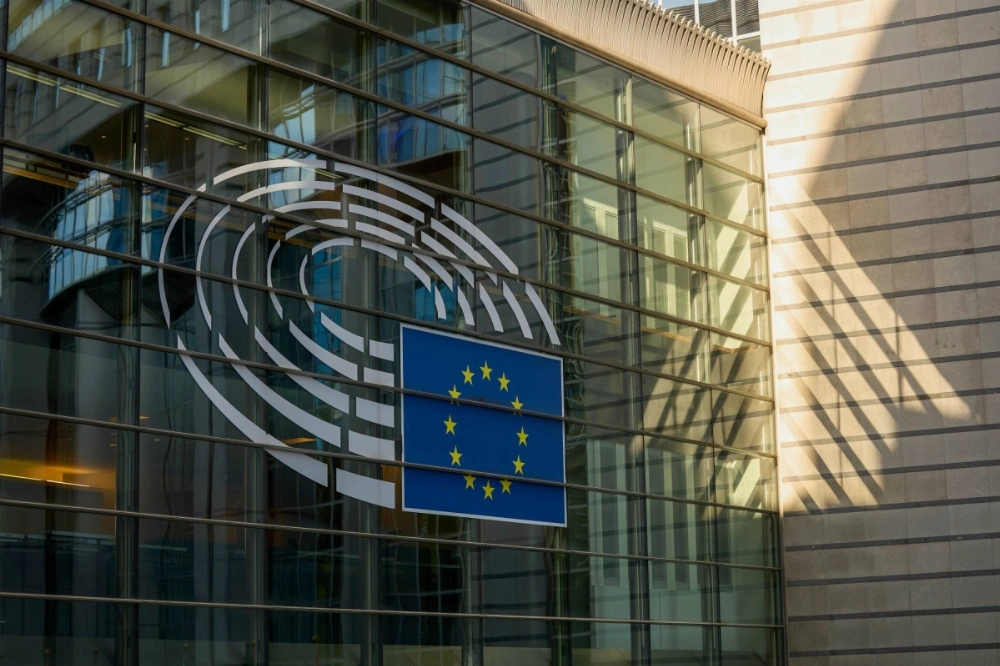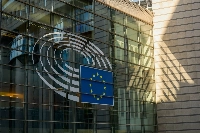A far-right group in the European Parliament is set to have influence over shaping the European Union’s 2040 climate goals, after lawmakers on Wednesday failed to gather enough votes in their first attempt to curb its role in negotiations.
An initiative to fast-track the legislation — which would have stripped power from the climate-skeptical Patriots of Europe group — fell short due to insufficient backing from the center-right European People’s Party.
In the EU assembly, the plan for urgent consideration of the greenhouse gas reduction law was backed by the Socialists & Democrats, Renew and Greens. The legislation is aimed at cutting emissions 90% by 2040 from 1990 levels.
Though the parliament has now opted for more time to consider the law, the EPP said after the vote that a fast-track agreement is still possible before the EU presents its emissions-cutting plans before the United Nations climate talks in November in Brazil. The EU wants the plans for 2035, known as NDC, to be linked to its 2040 goal.
"Our responsibility lies with a view to the international process, the necessity to deliver an NDC in due time and give a positive signal to the climate conference in Belem,” said Peter Liese, the group’s lead lawmaker on environment. "On the other hand, we think that Europe needs to lead by example by keeping industry inside Europe and helping them to decarbonize and keep citizens on board.”
The EPP is the biggest group in the parliament and the political home of European Commission President Ursula von der Leyen, who depends on backing from the Socialists, Renew and Greens for majority support. The three groups have defined climate as a key issue on their agendas.
Pascal Canfin, a senior lawmaker for the liberal Renew, said the four parties could make another attempt at triggering a fast-track procedure on the 2040 goal in September if the far-right tried to delay the climate law.
The Patriots have the right to nominate a lead lawmaker, meaning the group can steer the climate proposal through the parliament, have a say on dates and represent the assembly in talks with member states and the commission about the final shape of the law. The parliament as well as member states in the EU Council each have the right to submit amendments to the commission’s original proposal.
Climate progressives had hoped the European Parliament would swiftly endorse a 90% emissions reduction target, increasing pressure on hesitant EU member states to follow suit. The EU must submit its 2035 climate plan to the U.N. ahead of COP30 in Belem. Any delay or dilution of ambition could undermine the bloc’s credibility as a global climate leader.
EU member states are set to discuss the 2040 target for the first time at an informal meeting of environment ministers in Aalborg, Denmark, on Thursday.



















With your current subscription plan you can comment on stories. However, before writing your first comment, please create a display name in the Profile section of your subscriber account page.